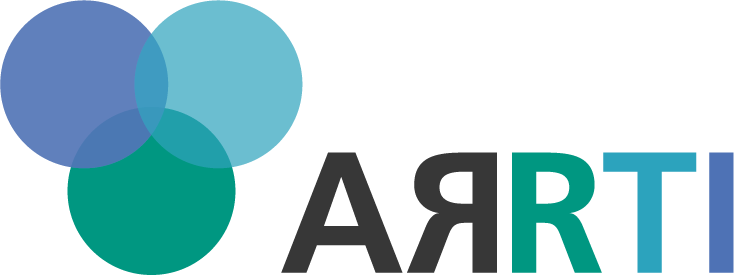Technological hermeneutics and the ethics of technology

Technologies have come to play a constitutive role in human perception: ultrasound imaging enables expecting parents to perceive the fetus already during pregnancy, MRI imaging makes it possible for neuroscientists to see the brain 'in action', and space travel has provided us with perceptions of the earth as a whole: the 'blue marble'. Such imaging technologies are not neutral tools: they are hermeneutic devices, that help to shape how humans understand the world. The fetus has become a potential patient, psychological conditions have become the results of brain processes, and the earth has become on object of care and concern. In this lecture I will investigate the moral significance of this technological hermeneutics. How do technologies help to shape moral experience, moral relations, and moral interpretations of the world? And how to understand the dynamics of the interaction between this phenomenon of 'moral mediation' and the human appropriation of this mediating role? I will argue that this 'moral hermeneutics of technology' has several implications for ethical theory: it urges us (1) to expand the notion of moral agency towards technologies, (2) to take into account the dynamic connection between moral values and technologies, and (3) to revise and expand central ethical concepts, in order to be able to deal adequately with the disruptive implications of new and emerging technologies.
Peter-Paul Verbeek (1970) is Distinguished Professor of Philosophy of Technology and co-director of the DesignLab of the University of Twente. He is also honorary professor of Techno-Anthropology at Aalborg University, Denmark. His research focuses on the philosophy of human-technology relations, and aims to contribute to philosophical theory, ethical reflection, and practices of design and innovation. He is chairperson of the UNESCO World Commission for the Ethics of Science and Technology (COMEST), chair of the Commission for the Freedom of Scientific Pursuit of the Netherlands Academy of Arts and Sciences, and vice chair of the board of the Rathenau Institute for Technology Assessment and Science Policy. Currently, he is one of the 6 Principal Investigators of a 10-year research program on the www.esdt.nl%2F" style="text-decoration:none;">Ethics of Socially Disruptive Technologies. Among his book publications are ‘Postphenomenological Investigations: Essays on Human-Technology Relations’ (Lexington 2015, with Robert Rosenberger), ‘The Moral Status of Technical Artefacts’ (Springer 2014, with Peter Kroes), ‘www.press.uchicago.edu%2Fucp%2Fbooks%2Fbook%2Fchicago%2FM%2Fbo11309162.html" style="text-decoration:none;">Moralizing Technology: Understanding and Designing the Morality of Things’ (University of Chicago Press, 2011), and ‘www.psupress.org%2Fbooks%2Ftitles%2F0-271-02539-5.html" style="text-decoration:none;">What Things Do: Philosophical Reflections on Technology, Agency, and Design’.
Vortrag im Rahmen der Ringvorlesung "Wahrnehmung und Bewertung - empirische, kunsthistorische, philosophische, technische und sozial-rechtliche Perspektiven“, organisiert von der KIT-Academy for Responsible Research, Teaching, and Innovation (ARRTI) zusammen mit dem Institut für Kunst- und Baugeschichte (IKB, Prof. Dr. Oliver Jehle und Dr. Jesús Muñoz Morcillo).
Peter-Paul Verbeek
ARRTI | Academy for Responsible Research, Teaching, and Innovation
Karlsruher Institut für Technologie (KIT)
Douglasstraße 24
76133 Karlsruhe
Mail: marcel krueger ∂does-not-exist.kit edu
https://www.arrti.kit.edu/
Interested / Everyone
Archive
A list of past events can be found here.
Past lecture series can be found in the archive of our lectures and seminars.

